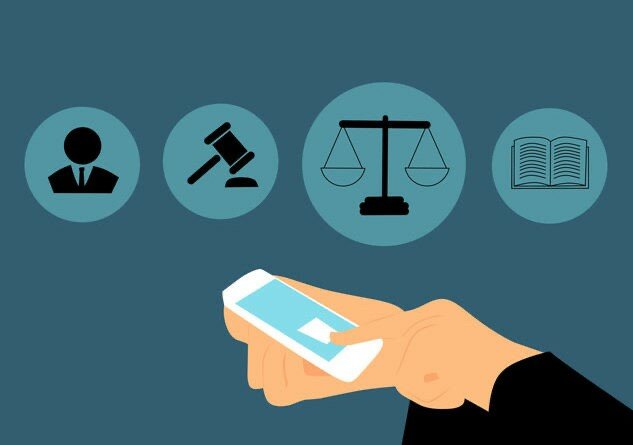Will eDemocracy be the future of politics ?
By Ambra Sargu
Today most of us carry a smart computer in our back pocket. We have more access to information than our ancestors could have ever imagined. Our technology may have come a long way but our systems of democracy have remained relatively unchanged. Our form of representative parliamentary democracy looks pretty much the same as it did at the turn of 20th century. If this form of democracy is outdated what are the better options ?
This is where the concept of digital democracy otherwise known as e-democracy comes into place. But what exactly is digital democracy ? In essence it is a system of governance that relies on technology to improve our democratic systems. It aims to make the democratic process more streamlined, accessible and modern. E-democracy can essentially be divided into two main components: firstly is the process of using internet and technology to improve government structures, services and systems for example: why don’t we bypass paper voting in favour of voting online. The government in Estonia have already done this and it turns out that it is faster, cheaper, more convenient and flexible.Technology can be used to revolutionise far more than just the way we vote.
Why not use AI to automatically calculate our taxes or to link up our health records online? We have the technology, we just don’t have the popular support yet. If the first component of e-democracy is a digital government the second is a digital society. Social media and technology can absolutely be used as democratic tools. They’ve already fundamentally changed the way that we consume, discuss, share and create political content. In the past we elected political representatives because we didn’t have the means or access to be directly involved in the democratic process. Now voters can easily reach out to the politicians with concerns or suggestions. The internet allows us to get actively involved in the conversation and hold our elected officials accountable. Of course e-democracy does face some challenges, it relies on widespread access to technology and basic digital literacy , it is also vulnerable to security breaches and misinformation and filter bubbles which can cause political polarisation.
However we are going to have to face these challenges wither way, in a paper-based democracy or a digital one. In many ways technology already governs our society and as it continues to evolve, the way that we think about and interact with politics will too. The question is, will technology be used to empower us or divide us ? Ultimately the answer is up to us.


